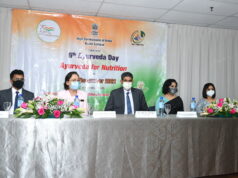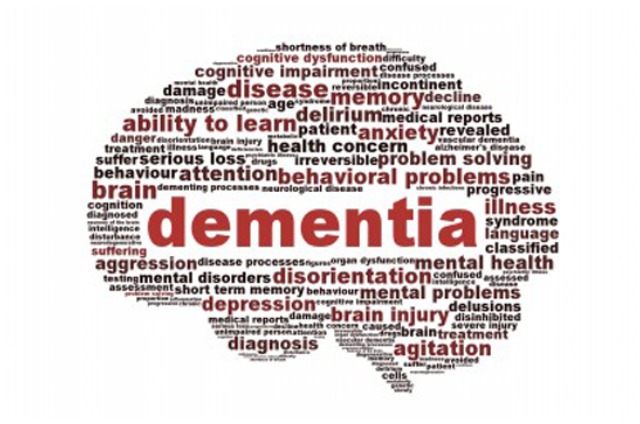

Depression can strike anyone, regardless of the person’s success, monetary situation or relationships. “But,” adds Dr. Samir Parikh, Director, Mental Health & Behavioural Science, Fortis Hospital, “it most often appears for the first time during the prime of a person’s life – from ages 24 to 44. One in four women and one in 10 men will confront depression at some point in their lives.”
It can be caused primarily due to four factors. “Biochemistry – deficiencies in two chemicals in the brain, serotonin and norepinephrine, are thought to be responsible for certain symptoms of depression, including anxiety, irritability and fatigue.
Genetics – depression can run in families. For example, if one identical twin has depression, the other twin has a 70 per cent chance of also having the problem sometime in life. Personality – people with low selfesteem, who are easily overwhelmed by stress, or who are generally pessimistic appear to be vulnerable to depression.
Finally, environmental factors – continuous exposure to violence, neglect, abuse or poverty may make people who are already susceptible to depression all the more vulnerable to the illness,” says Dr. Parikh.
The most important aspect of dealing with depression, of course, is to spot it and consequently help the person overcome it. “The signs of depression include sad mood, constant lethargy, lack of interest, easy irritability, disturbed sleep and appetite, negative thoughts such as low self-confidence, ideas od worthlessness, helplessness and hopelessness,” says Dr. Sameer Malhotra, Director, Mental Health and Behavioural Sciences, Max Hospitals.
If Dr. Malhotra is to be believed, “social support, early identification of symptoms and their timely addressal, ample positive opportunities to grow and nurture one’s positive interests, timely and appropriate professional psychiatric help and needful medication and counselling support are very important” for the well-being of a person suffering from depression.
Since a depressed individual might also be susceptible to suicidal tendencies, it is also necessary to make sure that he or she does not end up harming himself/herself. How can one curb these suicidal tendencies? Enumerating some measures, Dr. Parikh says, “These can be religious, by thinking that the act of self-induced death is a sin.
These can be ethical and moral where the individual thinks that it is a wrong thing to do. Also, personal factors like not wanting to be remembered as a weak person could also act as counters. But most important are social counters where family, children, spouse and social relations, and their thoughts make one stop from harming the self.”
“Suicide,” he continues, “has always been an enigma to the world as to why would a person lead to selfdeath. There have been several explanations that tend to mystify, sometimes glamourise, but most of the time mislead the common man.
Whenever we talk of suicide we tend to look only into the immediate cause and think that’s the only reason. We need to realise that what we see superficially may not be the only reason.”
Dr. Parikh and his team recently conducted a survey on the same – on the attitude of the public towards those who have attempted or committed suicide. Three thousand adults across Delhi-NCR were randomly selected and asked 22 questions to understand the various variables that are associated with what we call suicide.
Majority of the respondents, 89 per cent to be precise, believed that people usually get ideas for suicide from the media. At the same time, 71 per cent respondents said that the tendency to attempt suicide varies from family to family, thus corroborating the genetic angle to suicide.
The most shocking finding of the survey, says Dr. Parikh, was “the fact that even today most people blame the victim, and see it as a weakness or impulse or an act of seeking attention – not as a reflection of someone in crisis, someone who needs help. Also, people believe a suicidal person cannot be helped or that once decided by the victim, one cannot prevent it.
The fact is that suicide is very much preventable. In fact, it’s about recognising the signs and giving timely help to the victim. Almost 90 per cent people are unaware of help centres for crisis prevention (suicide help), something that we must all work on, to create awareness.”
This survey gains even more importance considering the World Health Organisation’s recently published report. According to the report, Preventing Suicide: A Global Imperative, India had the highest number of suicides in the world in 2012. The number of people who took their lives were no less than 2,58,075. Globally, the number was 8,04,000.
-INDIA TODAY












